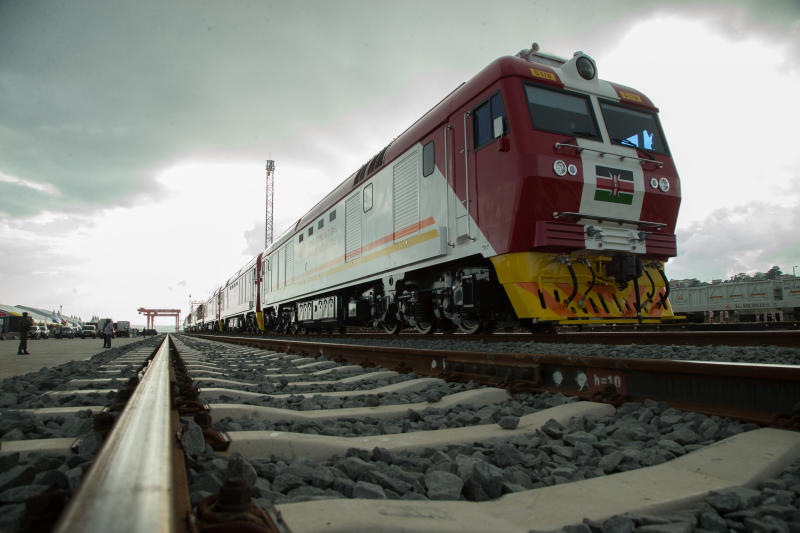×
The Standard e-Paper
Fearless, Trusted News

High costs and inefficiencies in clearing cargo at Mombasa port and Embakasi inland depot have put off many regional firms while the jury is still out on project’s overall viability.
Debate on the economic viability of the Nairobi-Naivasha-Kisumu section of the Standard Gauge Railway (SGR) continues to rage amid growing apathy from regional importers for the multi-billion-shilling project.